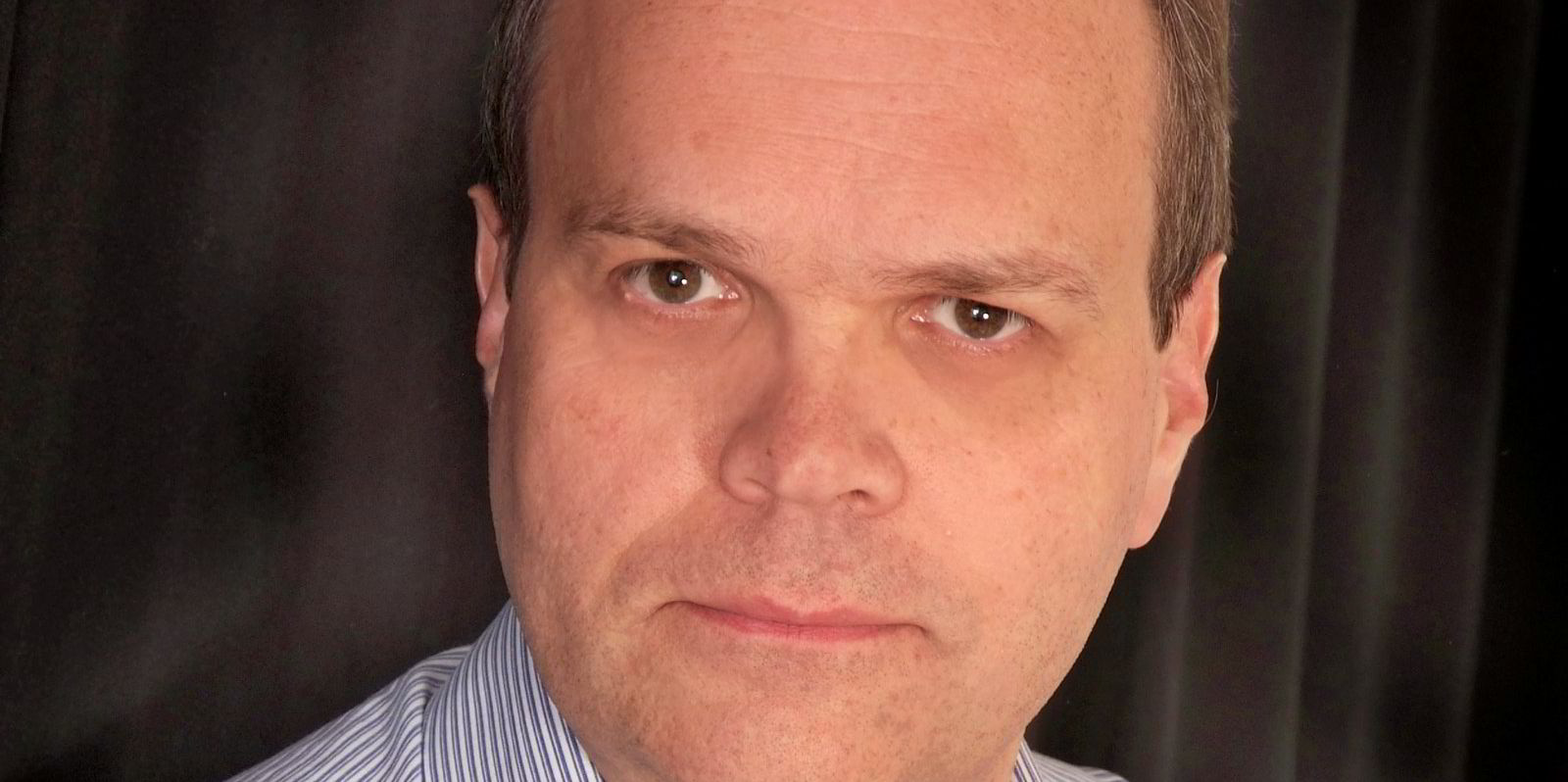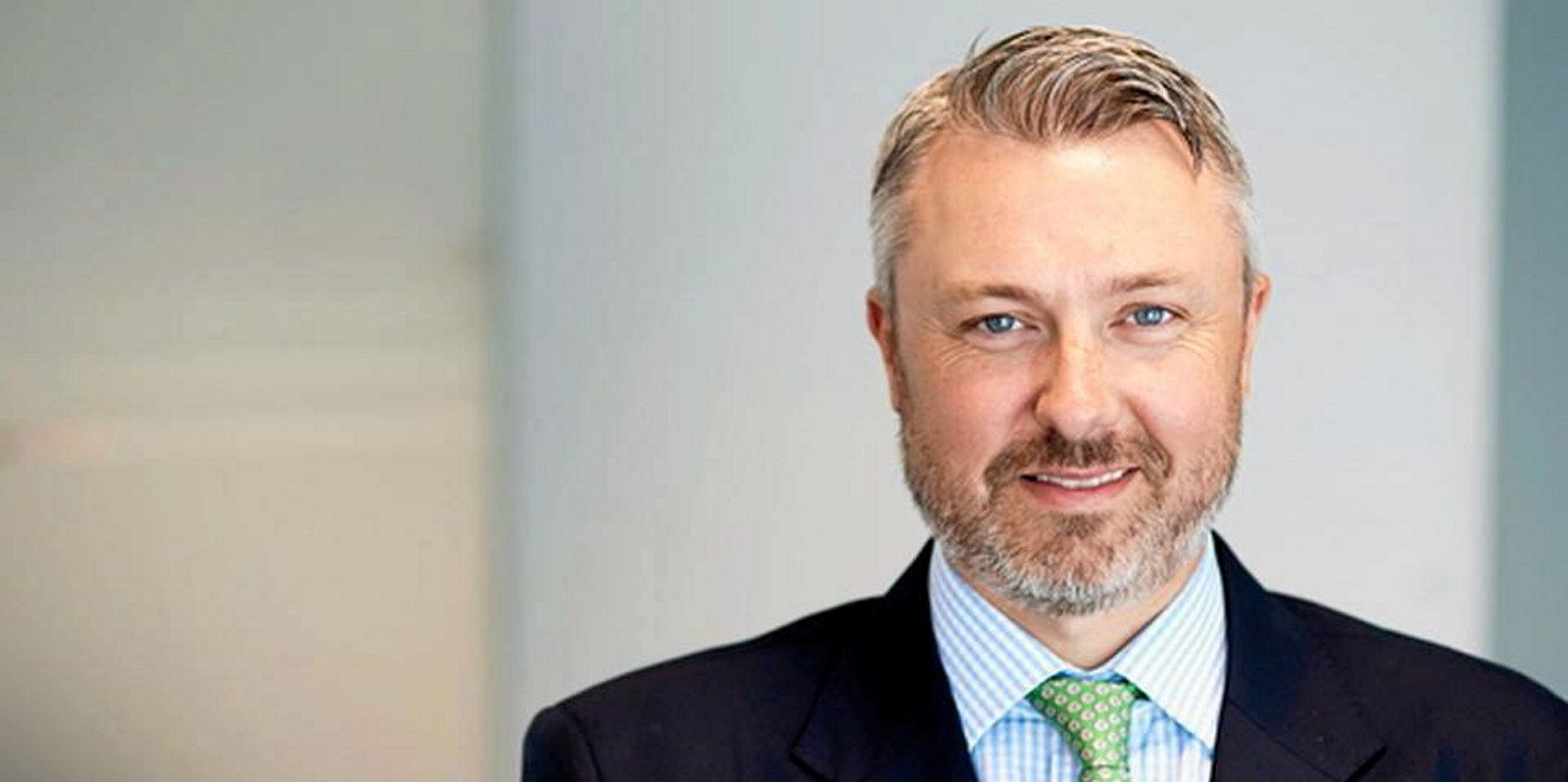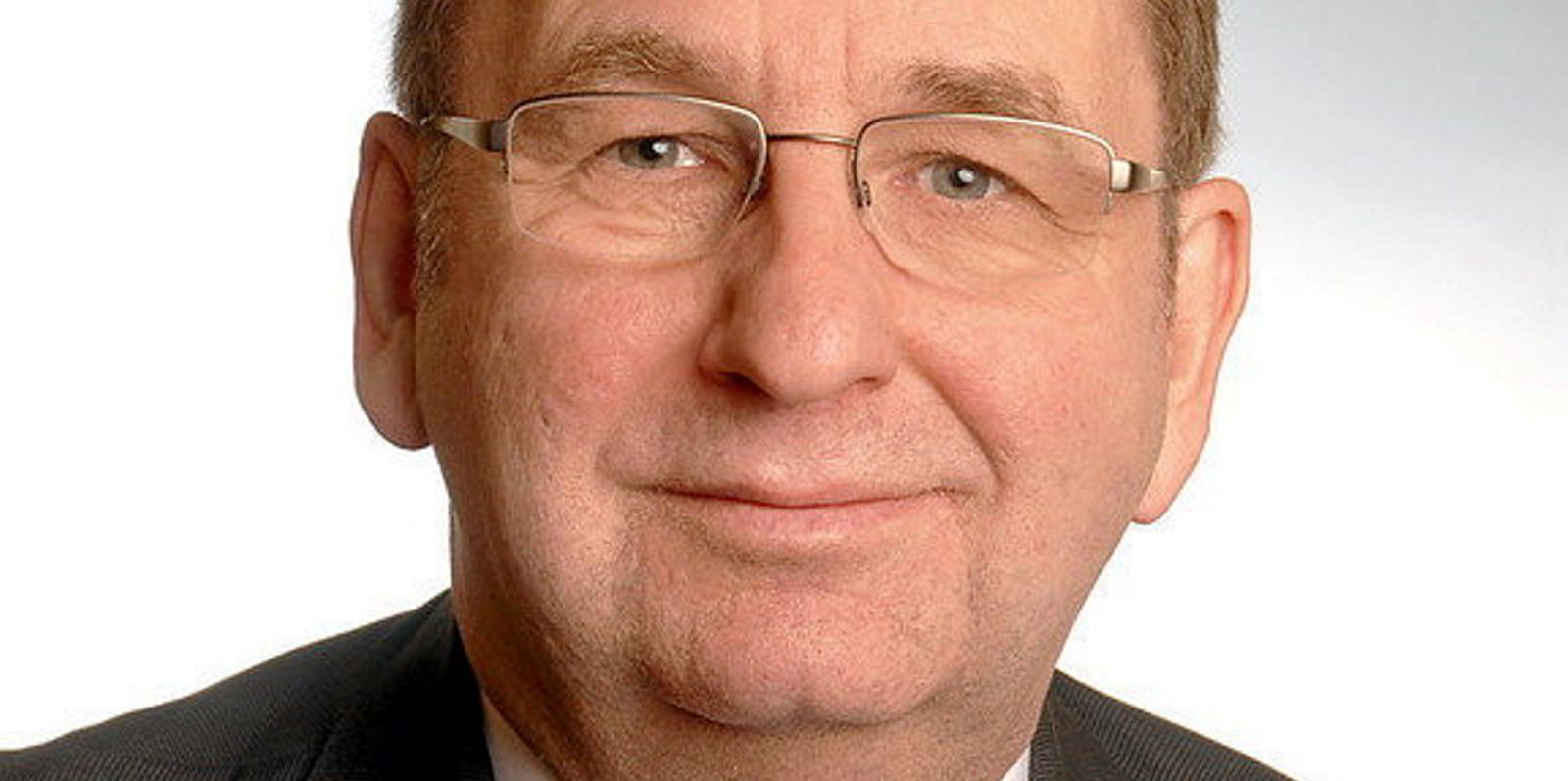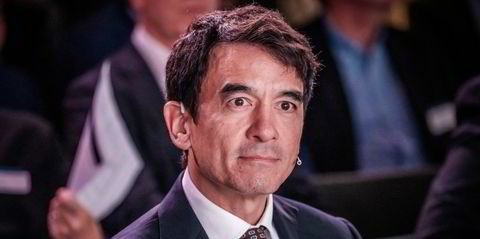If ship managers used to compete on the cost of running vessels as well as they could, the new mantra is partnering clients and getting value from data to improve operational monitoring and performance.
But one big question is how best to digitalise — whether to develop in-house systems or buy off the shelf from the multitude of vessel system offerings.
A prophet of the value message is Synergy Marine Group chief executive Rajesh Unni, whose Singapore-based group also set up its own in-house digital development firm — Alpha Ori Technologies.
But even he told TradeWinds: “There is no need to go and keep building something that is already out there and doing a fantastic job. The key is to take that and build your business and intelligence layer on top of that.”
A first challenge is to set baselines from which to evaluate data and use it.
“If someone is not prepared to pay for a service, it is clear proof that it is not of value to them,” Unni said of digitalisation and Synergy’s ability to win business from Norden.
V. Group has also gone its own way. Chief information officer Stephen MacFarlane said renewing its core ShipSure platform in 2018 was a massive strategic investment decision that involved discussions about whether to adopt commercial off-the-shelf systems or continue to evolve its own.
“We control and own the platform, we developed and built it,” he said. “We set out on a digital strategy nearly 10 years ago so it’s not something we have suddenly thought about.”
MacFarlane added that V.Group believes it has a distinct advantage using just one core platform where other companies may have from three to eight systems.
Machine learning around models and data that affect the operation of vessels — dubbed Sentinel — has now been built into the ShipSure 2.0 platform. MacFarlane said Sentinel’s artificial intelligence has been proven by predicting, for example, which of its vessels would fail inspections.
Staff can see its value and that they are not just reporting data for the sake of doing so, he said.
“I believe our AI-driven Sentinel platform could be something of a game changer in the industry,” he said.
Oyvind Stordal, head of data and performance management at Wilhelmsen Ship Management, said the group developed its Spark system by combining its own thinking with that of software developers.
Stordal said there are many good digital systems but some require too much sensor data for their deep functionality, and Wilhelmsen wanted to minimise the amount of information that had to be dealt with.
“We have turned it a bit around and said what kind of data do we want to focus on — what are the key parameters — and let’s build something around that which is configurable,” he said.
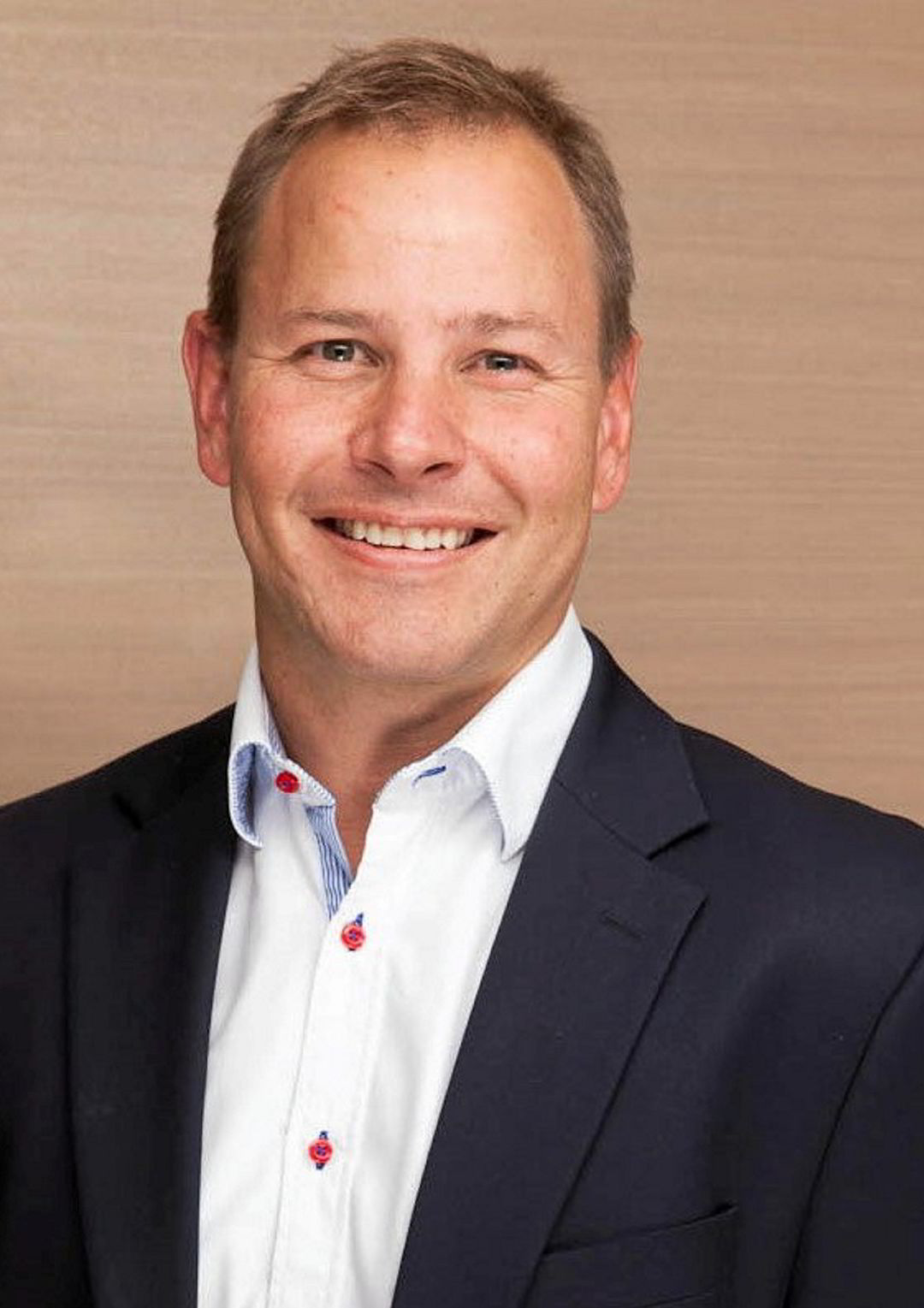
Anglo-Eastern chief information officer Torbjorn Dimblad said his company had a similar approach to keeping things simple and relatively cheap when it partnered with Wartsila to use its performance management system.
Machine learning from the simple route of leveraging noon reports, rather than wiring up everything on a ship, proved 99% accurate on fuel use over three months, he said.
Wallem Group chief executive John-Kaare Aune said: “We don’t believe in having only one key system. It’s about being able to tailor to the owners’ needs and to be able to monitor and support the various types of software being used [by them].”
Columbia Shipmanagement chief commercial officer Andreas Hadjipetrou said his outfit based its systems on Performance Optimisation Room Technology initially programmed by a local supplier and then enhanced with its own tools and Microsoft products to create a tailor-made platform.
Thome chief executive Olav Nortun said his company is using Microsoft Cloud-based software as much as it can in order to simplify connection with other shipping companies’ systems. It has also brought a fleet performance platform from a well-known developer.
“We don’t build or go to one vendor and buy everything,” Nortun said. “A ship manager is never going to be a software developer.”
Anglo-Eastern’s Dimblad said the top ship managers are now quite similar in terms of operating vessels, so what will differentiate them in the partnerships they develop with clients?
“We need to care about what they care about,” he said.
Unni said: “What we don’t want to do is create a faster caterpillar; we want to create a butterfly.”
But V.Group’s MacFarlane said: “If people are still talking about how they are going to digitalise their processes, they are probably too late.”
